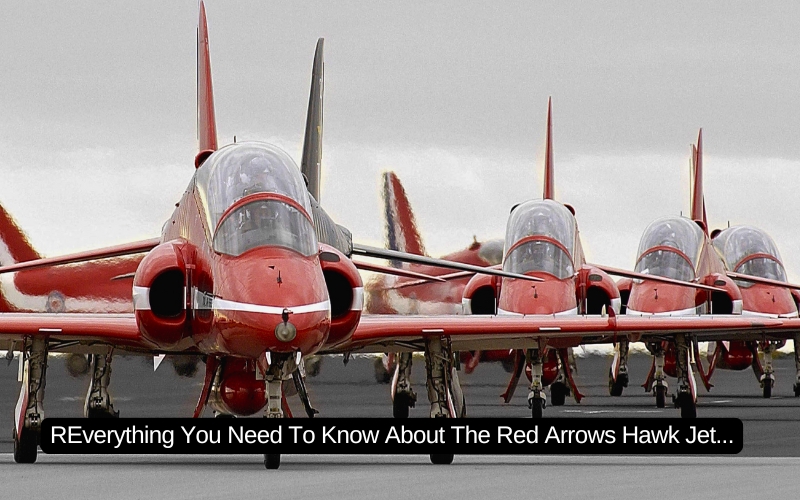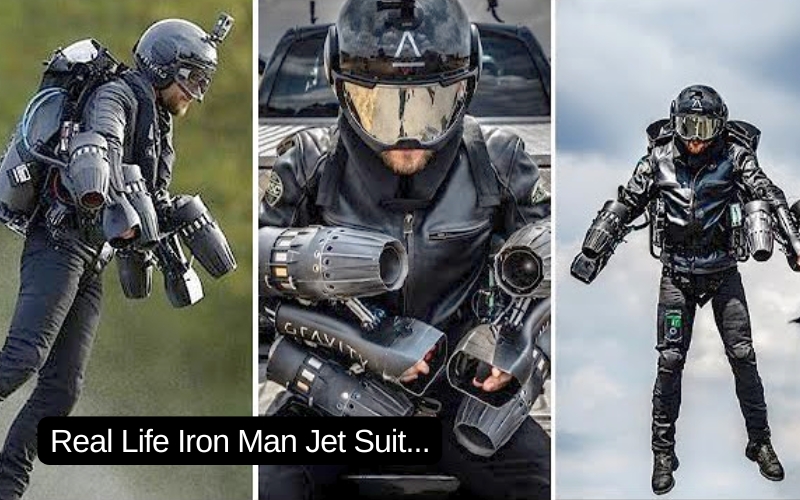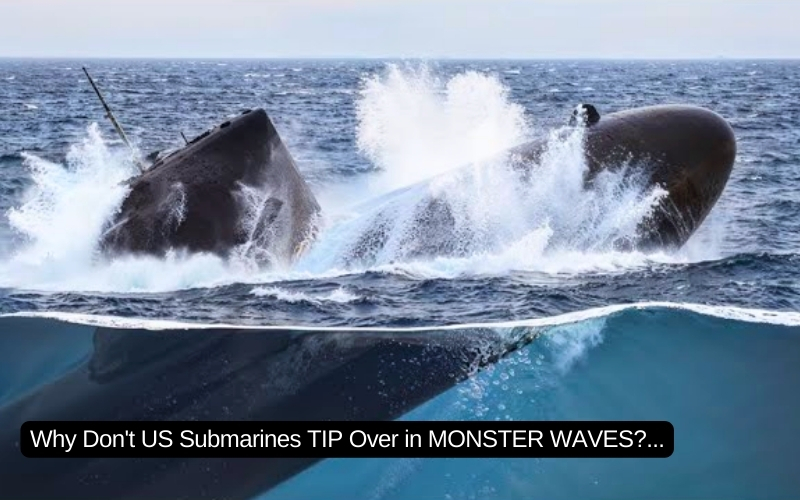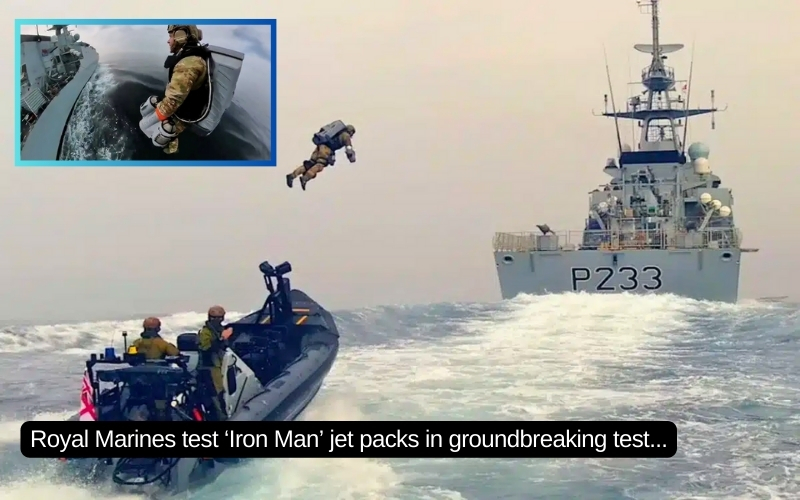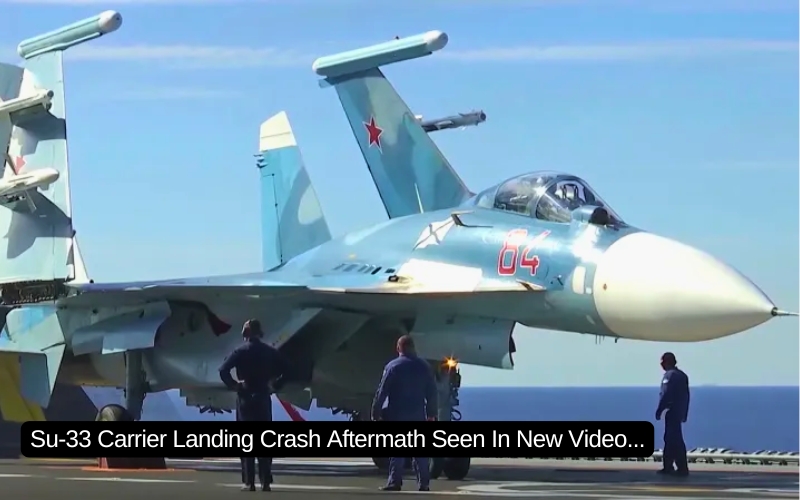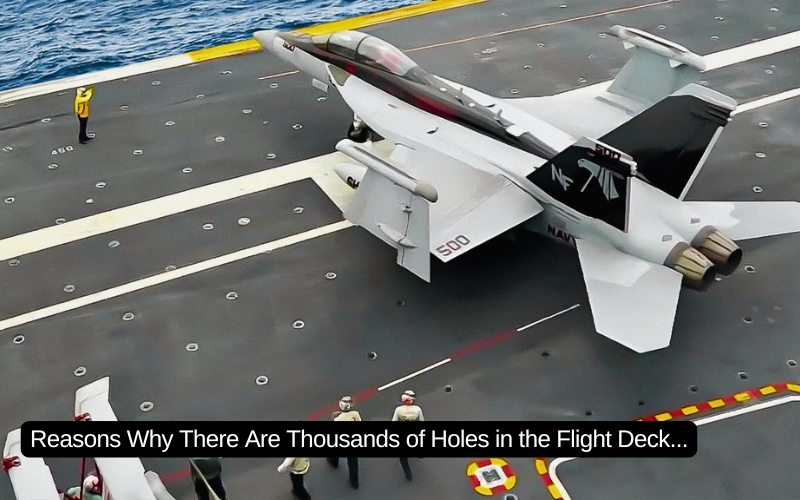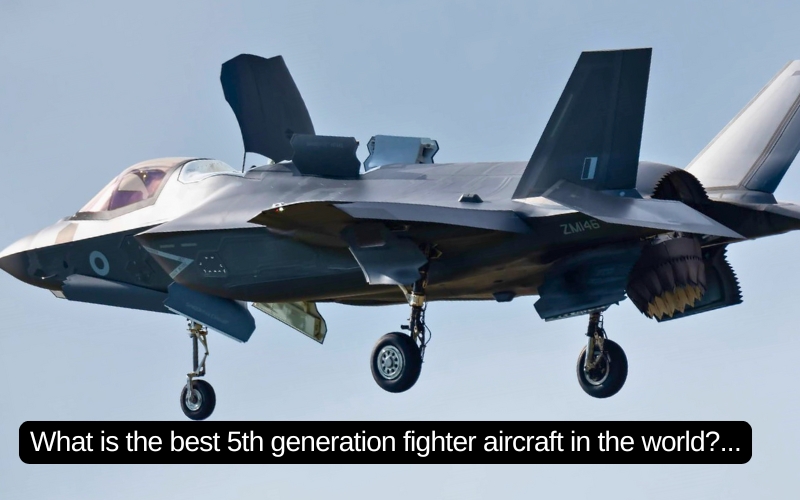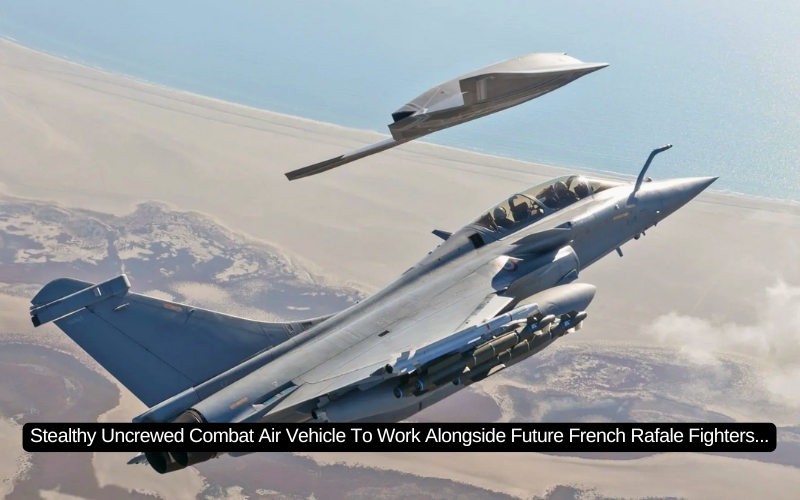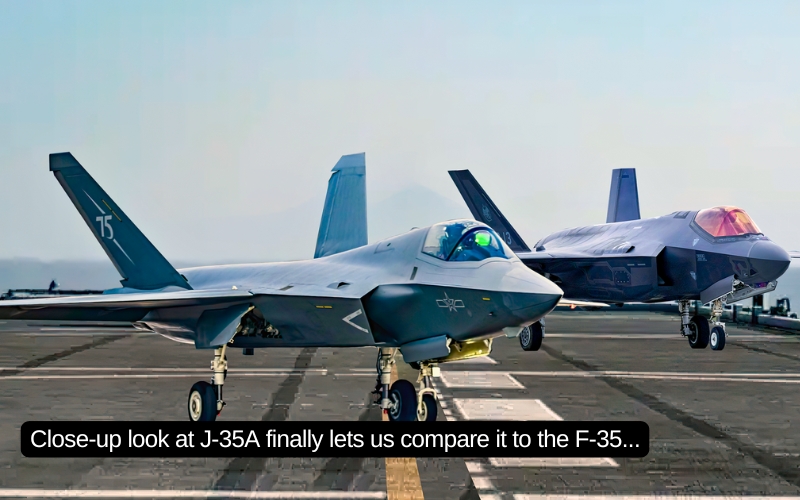A video of America’s F-35A stealth jet unleashing almost 200 rounds in a matter of seconds has been released, as the latest phase in ground testing gets underway.

Hailed as the most expensive weapon in history, the controversial stealth jet is undergoing rigorous testing at California’s Edwards Air Force Base.
And the intimidating footage of its four-barrel, 25millimeter Gatling gun embedded in the plane’s left wing, shows that the jet can really pack a punch.
Video: F-35A test fires 25mm 181 rounds gun at full capacity
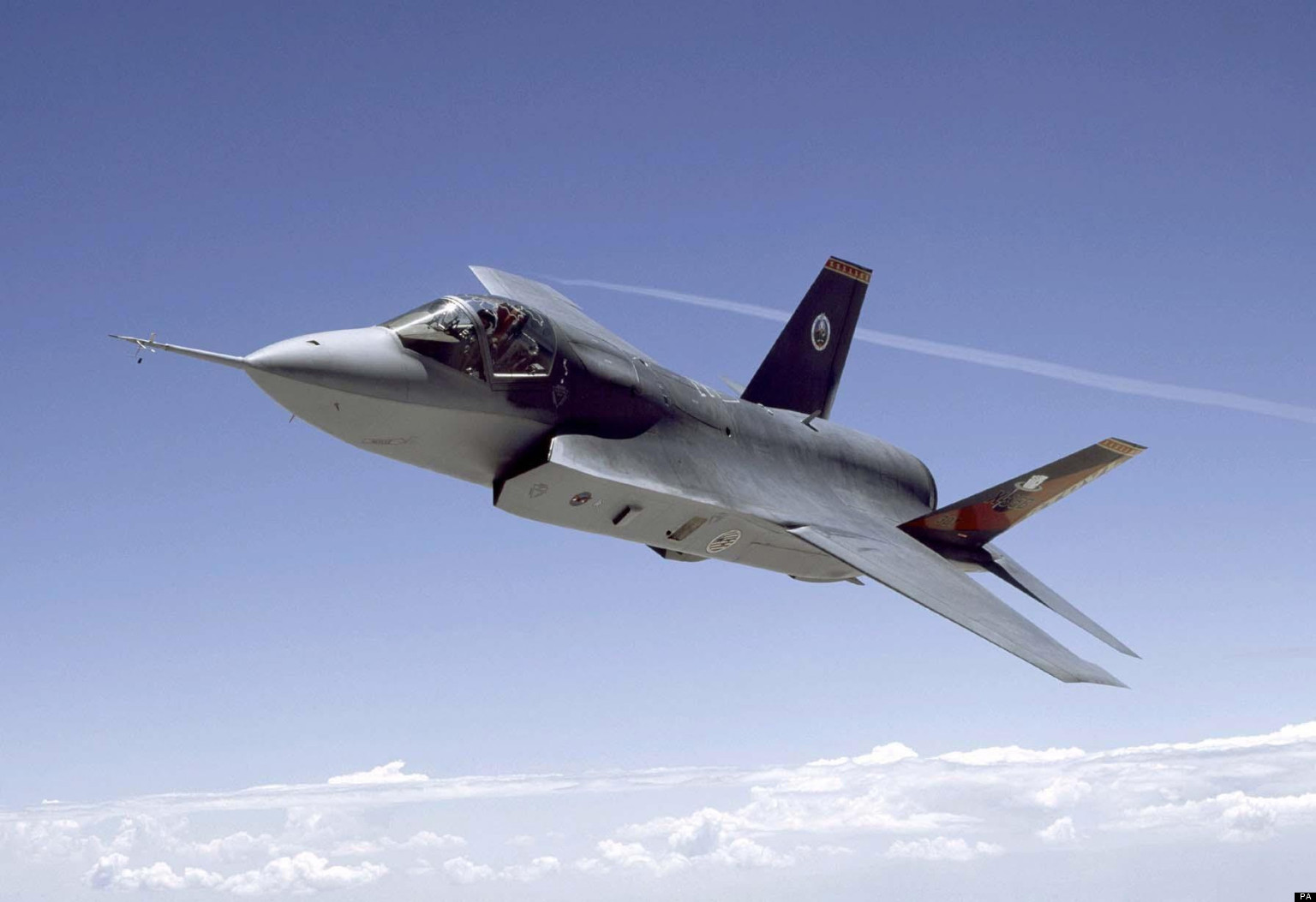
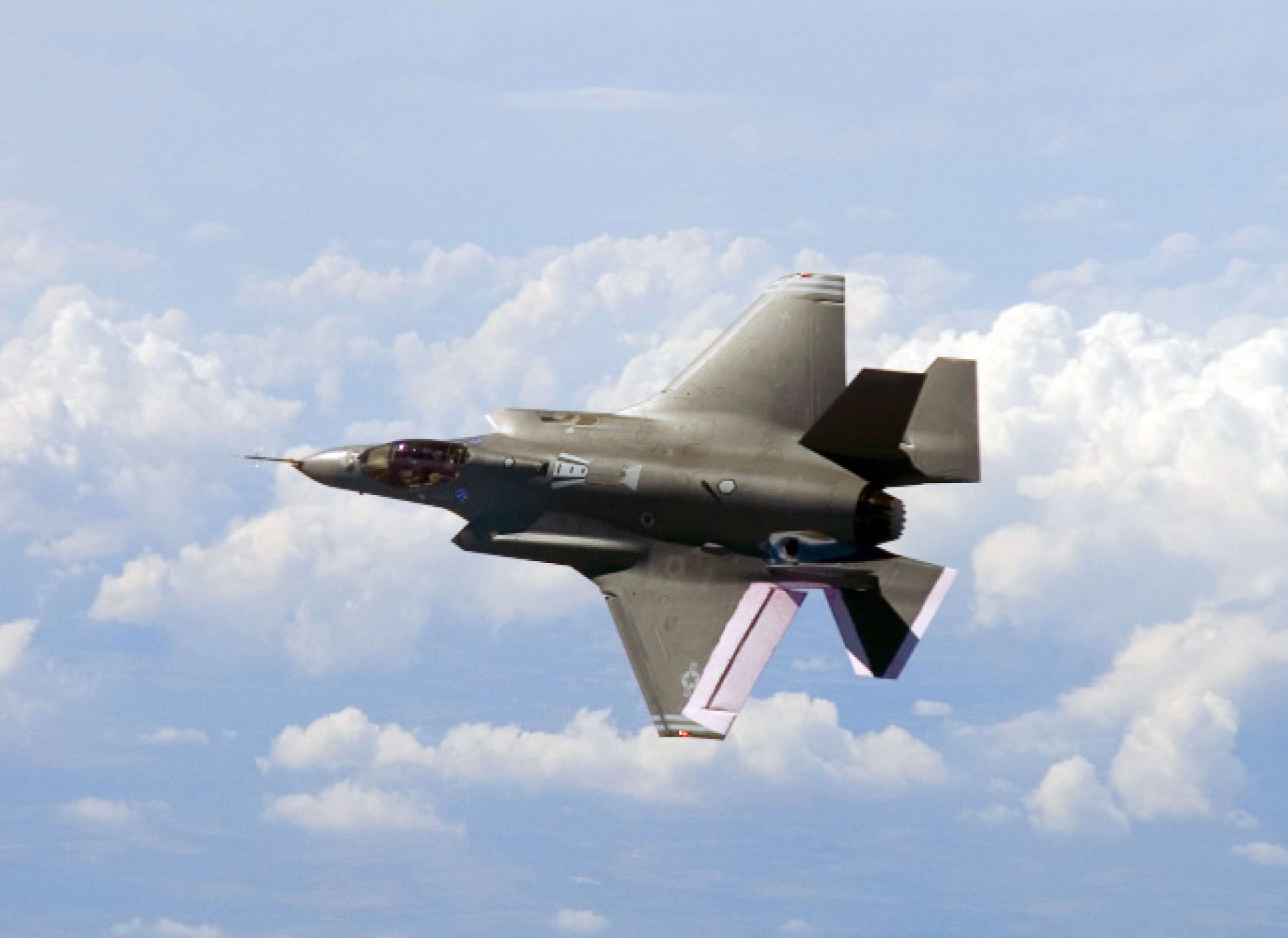
As the plane must also have a stealth profile, the Gatling gun – which can fire up to 3,000 shots per minute – must remain hidden until it is needed.
It is kept hidden in the wing until the trigger is engaged.
The test team, which includes members from the Air Force, Navy and Marine Corps, hopes to complete ground testing this month and launch airborne gun testing in the fall.
The jet, designed by Lockheed Martin, will have an operational gun by the end of the program’s system development and demonstration phase in 2017.
The first phase of the gun testing began on June 9, and the amount of munitions fired has been gradually increased, until the 181 rounds were fired on August 17.
The ground tests were designed using software to replicate being in flight, using a production version of the GAU-22/A gun.
The tests, using the target practice PGU-23/U which does not explode on impact, showed the gun’s ability to spin up and down correctly.
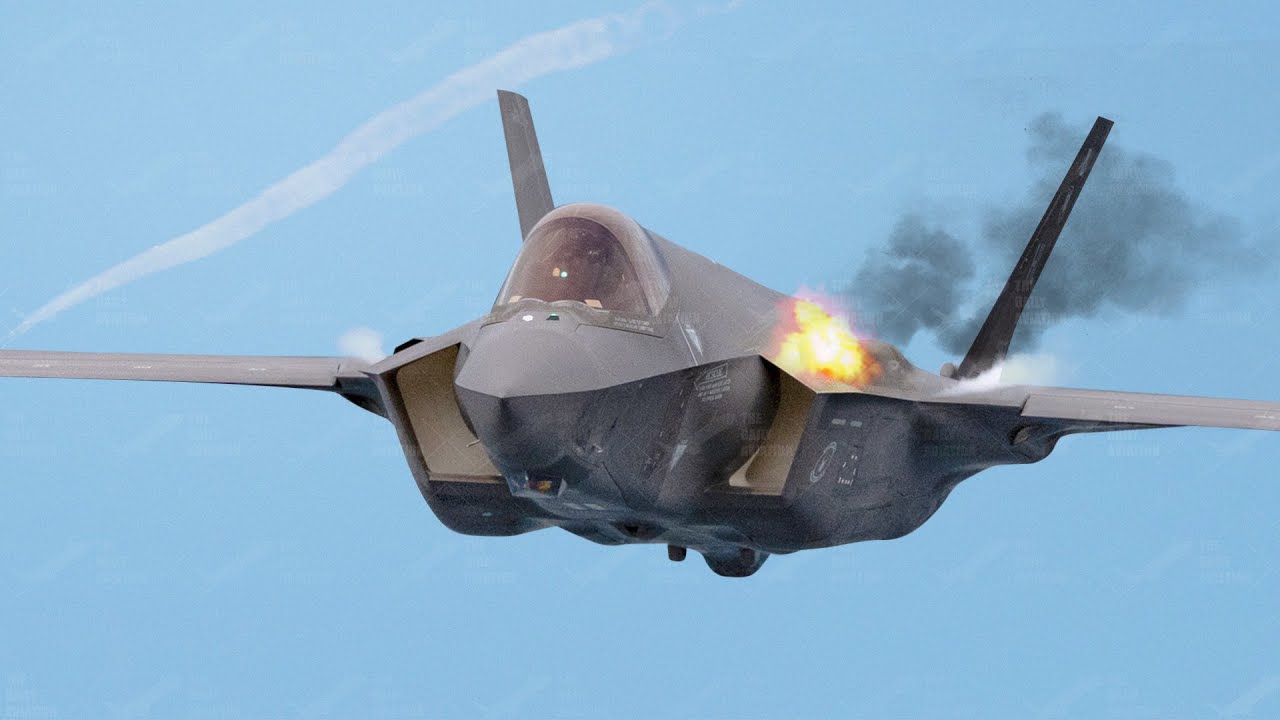
Further testing will be carried out next year, to integrate the GAU-22/A system with the jet’s full avionics and mission systems capabilities.
The following stage will be to observe the qualitative effects, including muzzle flash – the visible light emitted by the blast of a firearm – the human factors, and the flying qualities.
“The F-35 is designed with the entire battlespace in mind, bringing new flexibility and capability to the United States and its allies.”
But the production of the latest breed of stealth jet – one of the most highly anticipated advancements in military history – has had more than its fair share of problems.
Despite costing the US military more than $350billion, the jet has so far failed to live up to expectations.
The cutting-edge F-35, which is meant to be the most sophisticated jet ever, was embarrassingly outperformed by a 40-year-old F-16 jet in a dogfight in July.
The test pilot condemned the jet’s performance at the time, claiming it performed so appallingly that he deemed it completely inappropriate for fighting other aircraft within visual range.
The Pentagon leapt to the defense of its new toy, insisting that the aircraft used in the test was not equipped to the same standard of its front-line aircraft, and did not have its ‘stealth coating’.
But even so, the dismal result of the dogfight against an aircraft designed in the 1970s did little to restore confidence in the F-35.
He even criticised the half-million-dollar custom-made helmet, supposedly designed to give the pilot a 360-degree view outside the plane, but which he claimed made it difficult to move his head inside the cramped cockpit.

‘The helmet was too large for the space inside the canopy to adequately see behind the aircraft,’ he wrote in his five-page report.
A series of setbacks has delayed production by up to eight years and put it $263billion over budget, so far.
The spiralling costs are due to a number of factors, including engine problems that caused one jet to burst into flames during take-off last May.
Air Force Lt. Gen. Chris Bogdan, who is in charge of the F-35 programme, said the planes had been plagued by simple mistakes. These included everything from wingtip lights that did not meet Federal Aviation Administration (FAA) standards to tires that could not cope with the landings.
But military bosses have been quick to extol the virtues of the stealth multirole fighter, which is predicted to be vastly superior to its fourth-generation predecessors.
Marine Lt Gen. Robert Schmidle said the planes were like flying computers and that they could detect an enemy five to 10 times faster than the enemy could detect it.
And Lt Col David Burke told 60 Minutes last year: ‘I’m telling you, having flown those other airplanes, it’s not even close at how good this airplane is and what this airplane will do for us.’
Its creators at Lockheed Martin boast that the stealth jet ‘combines advanced stealth capabilities with fighter aircraft speed and agility, fully fused sensor information, network-enabled operations and advanced logistics and sustainment’.
Video: Paralyzed woman flies F-35 fighter jet using her mind
The f35.com website continues: ‘The F-35 is designed with the entire battlespace in mind, bringing new flexibility and capability to the United States and its allies.
‘Reliance on any single capability – electronic attack, stealth, etc – is not sufficient for success and survivability in the future.’
There are three main variants to the F-35: F-35A conventional takeoff and landing; the F-35B short take-off and vertical landing; and F-35C carrier-based catapult-assisted take-off but arrested recovery aircraft.
“I’m telling you, having flown those other airplanes, it’s not even close at how good this airplane is and what this airplane will do for us.”
The fifth-generation aircraft is designed to excel in electronic warfare, air-to-surface combat and air-to-air combat.
Its stealth technology allows it to avoid radar detection that previous fourth generation fighters cannot. It also carries its weapons and fuel internally so it cannot be ‘detected and tracked’.
The Royal Air Force has so far ordered eight F-35s to be delivered by next year.
The jets were meant to enter service in 2012, but Sir Nick Harvey, who served as the Minister of State for Armed Forces between 2010 and 2012, said that there was ‘not a cat in hell’s chance’ that the jet would be in British service by 2018.
‘I don’t recall…having heard anyone suggesting that these things could be used in combat before 2020.’
In total, Britain is expected to purchase 138 of the jets from the US, but at present costs that would add up to a total of $19billion.
The delays and escalating costs mean that once the British Tornado jets – which have been in service since 1979 – are retired in three years’ time, the UK will be left with an ‘offensive capacity’ of just 60 planes.
But the UK is not the only country waiting for the costly fighter jet to be fixed.
US Vice President Joe Biden promised a delivery of the jets to Israel ‘next year’, amid reports that Tel Aviv has approved a new deal to add 14 more jets to its 2010 order for 19 aircraft, according to RT.com.
Share or comment on this article: USAF’s F-35 stealth fighter fire 3k bullets a minute from its machine gun.

